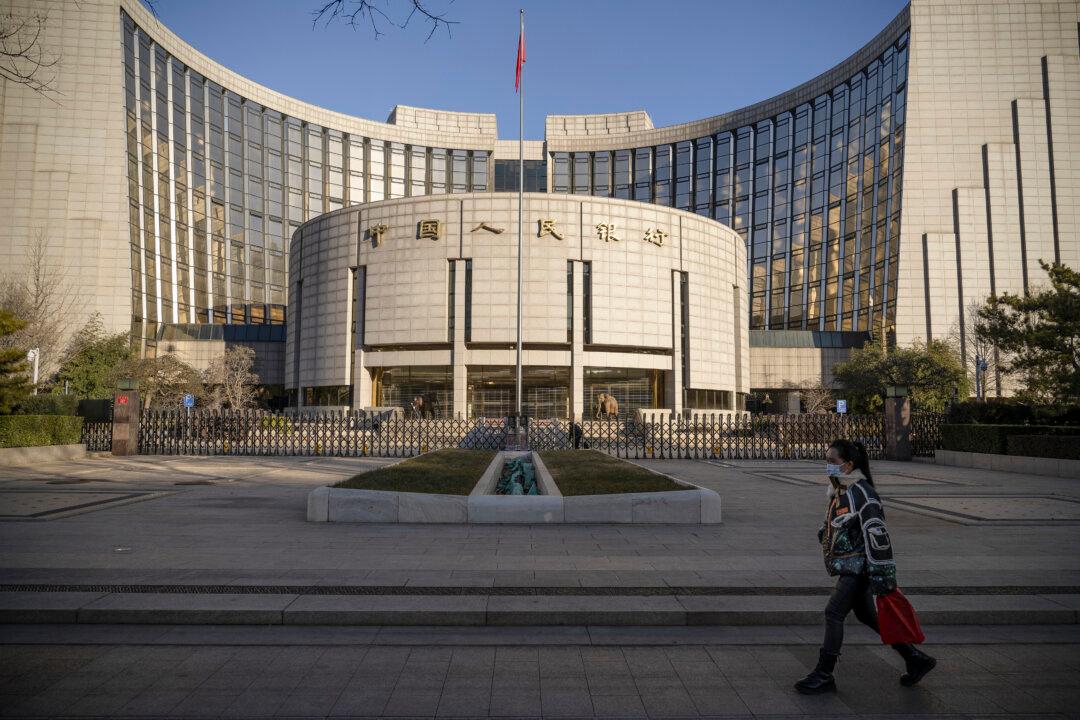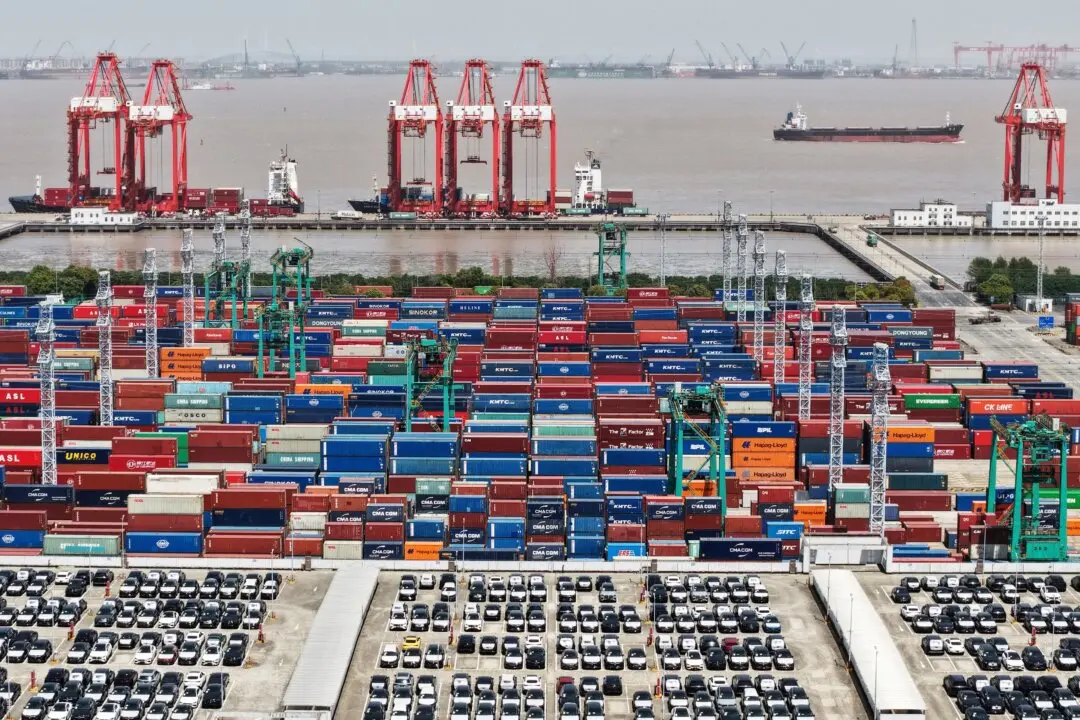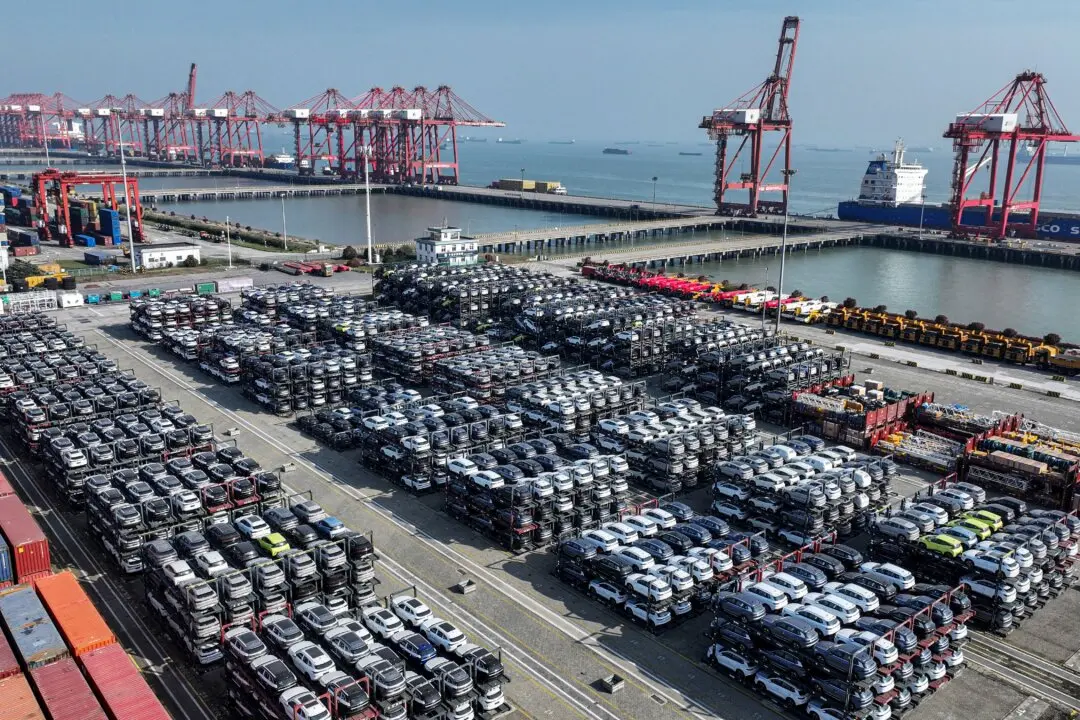Commentary
Anticipating what tactics Beijing might use against U.S. President Donald Trump amid trade negotiations, several media outlets here, in Europe, and elsewhere have begun to speculate that China will threaten to distance its economy and its trade from the dollar—de-dollarize in the popular parlance—and perhaps sell off its extensive holdings of U.S. Treasury debt. Neither act, however, is at all likely, certainly not as an immediate bargaining chip.





